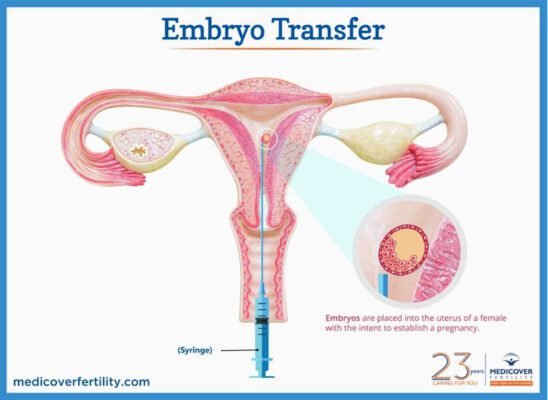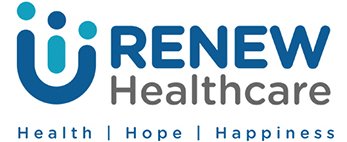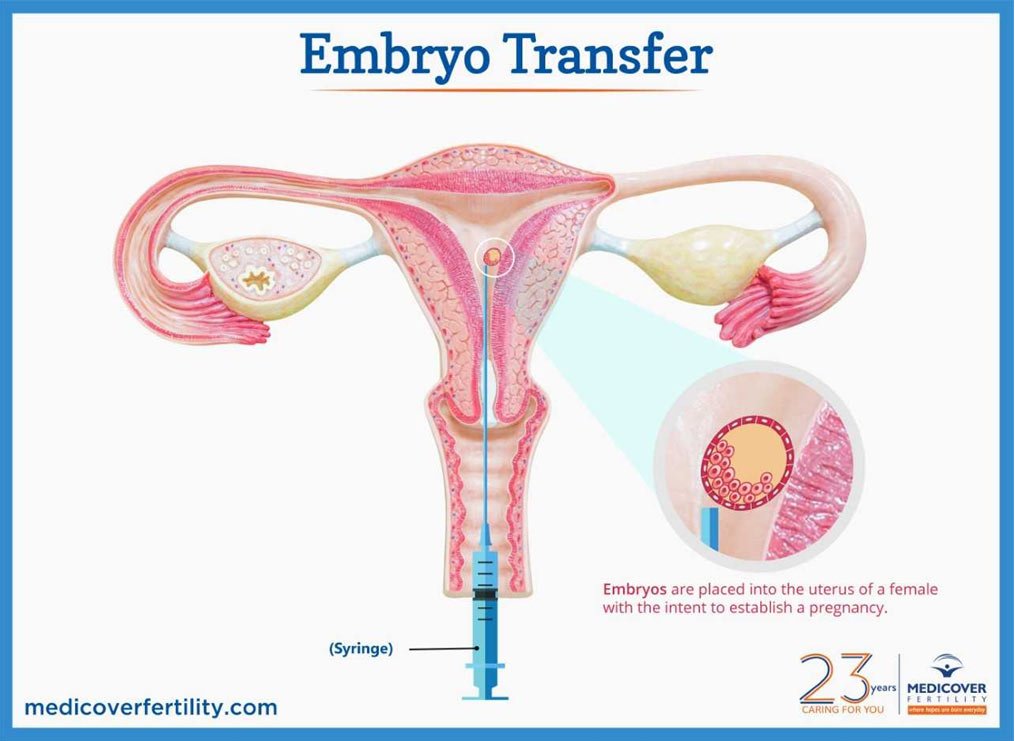Which food to avoid after the embryo transfer?
Coming to the foods to avoid after embryo transfer plays an essential role after the embryo transfer regime
IVF in Kolkata, in vitro fertilisation is the most advanced treatment for treating Infertility amongst most couples nowadays. Preferably it is done to patients who have no signs of getting pregnant or want to get pregnant with the natural process or who had previous miscarriages.
Nowadays it has become mainstream in many countries of the world including in India as well as adapting pregnancy with IVF and for that and Embryo transfer is a very essential or a key element for that very process.

- Alcoholic beverages: consumptions of beverages containing alcohol is strictly avoided
- Caffeinated beverages such as tea, coffee, and energy drinks should be avoided mostly in their
- Sodas: It should be noted that they should be avoided frequently
- Seafood high in mercury, such as tuna and mackerel should be avoided
- Processed and canned foods or processed food should be avoided.
- Leftovers: the foods should be avoided which are left overnight
- Junk food: It should also be avoided for increased cholesterol levels
Which fruits to avoid after embryo transfer
Now coming to the fruits to avoid after the embryo transfer are similar to some of the foods bananas, oranges, berries, dates, sprouts, broccoli, etc., eliminate your post-IVF digestive problem and keep you and the baby healthy.
fruits to eat after embryo transfer
The fruits that should be included in the diet after the embryo transfer are fibre, mineral and protein-rich foods which must be included in the daily diet
Folic acid – Folic acids are one of the key important terms which must be included in the diet for proper growth of the brain and spinal cord development of the baby.
If neglected it could lead to neural tube birth directly in babies. Patients affected should start their dosage of the folic acid supplement of 400 mcg daily every day post meal which should be at least 3 months prior to conception.
Foods such as rice, asparagus, eggs etc are rich sources of folic acid that can be consumed
Iron – Iron-rich food plays a much important role in the production of synthesis in hormones.
Also, an adequate amount of oxygenation is needed for the proper nourishment of each and every cell of the body and also it also nourishes the reproductive organs.
If not taken in adequate amounts it could lead to anaemia which causes a deficiency of haemoglobin in the blood.
Especially in women, shed blood every month for their periods, especially because they are prone to iron deficiency.
Some of the foods like pumpkin seeds, spinach, beetroot, carrot, jaggery etc. are rich sources of iron.
Zinc – Zinc plays an important role in balancing hormone levels which helps in the development of the reproductive system.
The daily consumption of zinc should be around 15 mg per day. Some rich sources of zinc are
Grain, nuts, dairy products, meat and potatoes.
Healthy fats – Fats stay in our body and help in the IVF process which boosts the IVF journey of the patient.
It was proven that an adequate amount of polyunsaturated fatty acids may improve fertility, oocyte and embryo quality. Trans fats directly effect by increasing the levels of Insulin resistance in infertility patients
Healthy sources of fats include fish, walnuts, olive oil, chia seeds, and flaxseed oil and women should avoid foods like cookies, cakes, frozen pies, snacks, fast food and other baked goods. These all are rich in trans fat which hugely affects pregnancy.
Protein-rich food– Foods which are rich in protein are necessary for the growth and development of the reproductive organ. Daily intake of protein should be 1-2 gm per kg body weight depending upon the physical activity of an individual.
Fruits and vegetables– fruits and vegetables provide rich sources for detoxifying our body.
They also do provide a rich source of micronutrients such as iron, zinc, magnesium, and potassium and should always be a part of the daily IVF diet.
Some of Green leafy vegetables such as spinach and broccoli are excellent sources of fibre, iron and antioxidants. Also, broccoli is also a good source of protein and vitamin c which helps in improving egg quality. Banana is a good source of vitamin B6, regulating the menstrual cycle. Pineapple is known to be rich in manganese, which helps in the regulation of reproductive hormones.
Plenty of oral fluids – water plays an important role in the hydration of the body and maintaining it. Keep yourself hydrated and try to consume at least 8 glasses of water every day. A sufficient amount of water is needed to maintain circulation, metabolism and digestion.
So these are some of the food that you should avoid after embryo transfer for the better results

